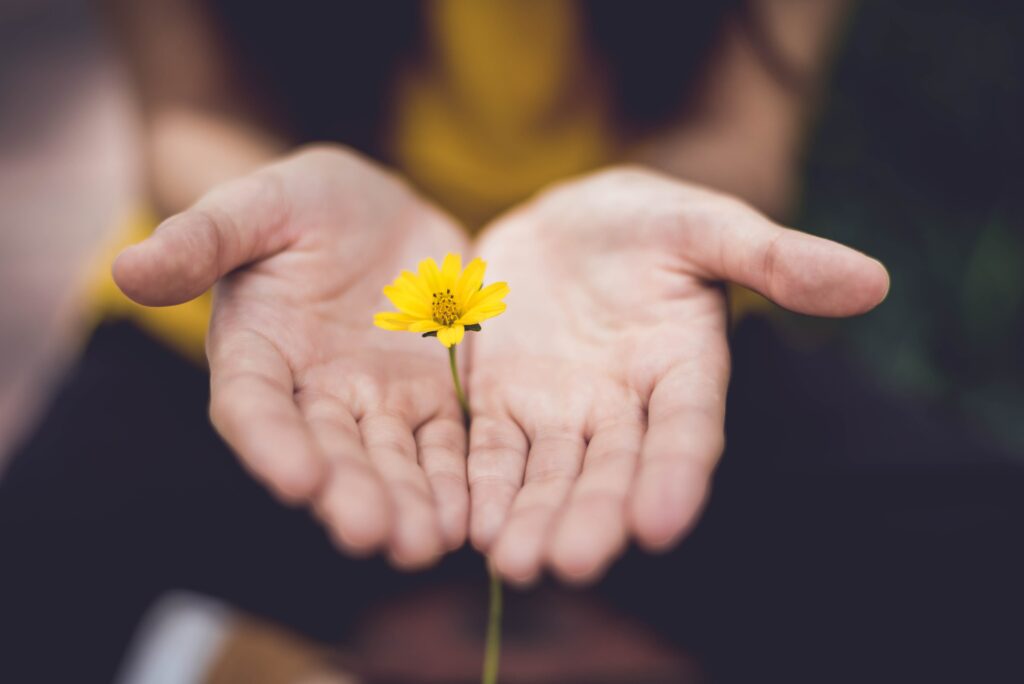In the third article in this collaborative series with Oxfam Cymru, Cardiff Business School’s Dr Alison Parken OBE explores ensuring a fair and equitable transition to a well-being economy.
As I write this blog, the third in a series that follows on from the Oxfam Cymru and IWA report A Wales that Cares for People and Planet, the press is trailing the coming warning from PM Keir Starmer that things will only get worse, before they get better. Newspaper headlines predict a painful Autumn budget.
In this context, with a government not keen to discuss anything that might detract from economic growth and increasing GDP, and in the context of mistrust of government and swirling conspiracy theories on green policies (refusing to be part of a hydrogen boiler trial and viewing ’15 minute cities’ as a form of ‘kettling’), it’s tempting to consider that the idea of a green and caring economy is doomed.
In the first blog of this series, Sarah Rees reiterated our out-of-control wealth inequalities and in the second, Dawn Lyle asked us to ‘be real’, by acknowledging that the current economy is not working for people, places or planet.
So, what’s the answer? I don’t know. And it’s tempting to abandon such radical ideas of a well-being economy in the face of such opposition. But, when I don’t know the answer, I can only explore, read, discuss and try to find a way to make sense and make progress.
Innovative. Informed. Independent.
Your support can help us make Wales better.
So, when the Autumn budget statement comes out, the Women’s Budget Group will analyse the differential impact of tax, welfare, monetary and investment measures on men and women. They will, as they have for nearly 20 years, call on governments to address gender disparities, at least stop reproducing them, and provide practical measures to promote equality. The Wales Women’s Budget Group will analyse the impact of UK measures on the Welsh population and set out how to make things fairer.
Women’s Budget Groups from Wales, England, Scotland and Northern Ireland meet in early September to assess progress against the eight recommendations set out in 2020 by the Commission on a Gender Equal Economy to advance a green and caring economy.
Only by talking to people who fear the changes being wrought by a digital and green transition, can we hope to diffuse some of the reactionary conspiracy theories and backlash that will otherwise stifle hopes of a fairer, green economy.
I have been asked to comment on progress in Wales, and thanks to Dawn’s blog, I have several examples of local and community organising that promotes sustainable economic equality, and I can also report that the Future Generations Commissioner, Cwmpas, 4theRegion and WE Cymru are hosting the first Wellbeing Economy Cymru Festival of Ideas in November.
So, doom and gloom, no: we keep learning, we keep talking and most importantly, we must test our ideas with the public. Only by talking to people who fear the changes being wrought by a digital and green transition, can we hope to diffuse some of the reactionary conspiracy theories and backlash that will otherwise stifle hopes of a fairer, green economy.
And people are right to be anxious. A recent article in The Conversation, discussed how authoritarianism and libertarianism can coalesce and look attractive when people have ‘an overwhelming sense of being in a society on which we depend but which we feel we can no longer trust’.
Robust debate and agenda-setting research.
Support Wales’ leading independent think tank.
Our report ‘An Equal and Just Transition’ found that economic transitions do not guarantee economic growth (Brown, 2019), and the social impacts of previous transitions have entrenched existing inequalities (Brynjolfsson and McAfee, 2014).
While energy, construction and transport companies call for green skills, they are fishing in a dwindling male dominated pool. Existing social and economic inequalities in education, training and the labour market will only make it harder to gain the skills needed for the transition to Net Zero. People already at a disadvantage may not be in a position to take up training and upskilling opportunities.
All the energy and transport corporates and skills partnerships are calling for greater diversity, and ways to break gendered occupational segregation. And yet, our research shows that women and ethnic minority young people fear discrimination in traditional industries, and can see these patterns already being reproduced in renewables companies (Pearl-Martinez and Stephens, 2017).
Existing social and economic inequalities in education, training and the labour market will only make it harder to gain the skills needed for the transition to Net Zero.
To gain the consensus and the skills needed, we called for Carbon Literacy learning for all, in accessible and inclusive ways, in work and in communities. We called for the Welsh Government to own and operate a renewable energy and retrofit organisation, as a conduit to ensuring diversity in training, skills and enterprise building. This could be a public/private partnership, but the government would build the training provision from the ground up, with community design, and model Fair Work through the contracting of students and staff, creating a fully inclusive culture.
Radical ideas for a new necessity – an interventionist state. Do we now have that in Westminster and Cardiff? We must demonstrate that investment in social infrastructure and in green skills for all is, in the cautious language of a newly elected Labour government, prudent.
And I see hopeful signs in Wales that we are thinking about how to make this real.
All articles published on the welsh agenda are subject to IWA’s disclaimer. If you want to support our work tackling Wales’ key challenges, consider becoming a member.





